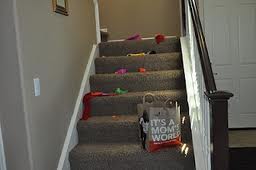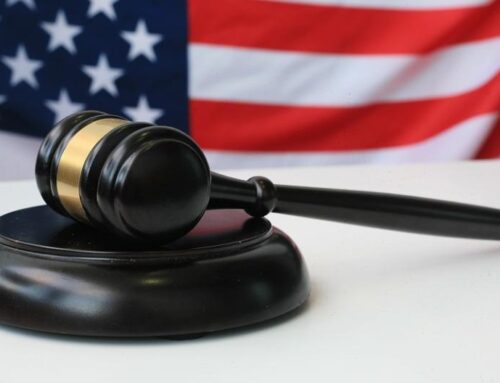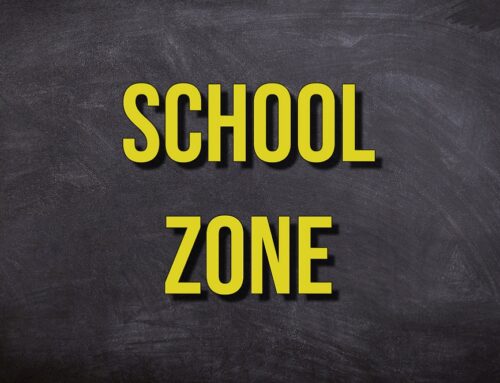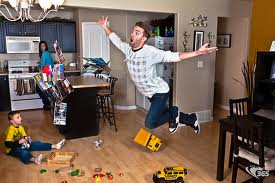
As everyone knows, accidents do happen! What everyone does not know is when can they be held responsible for those accidents in their home. It is universally believed that if someone slips and falls at your home you, as the owner of the property, are automatically responsible for their medical bills and perhaps more! Usually the prospective client of an accident lawyer is sure that he/she has an easy lawsuit to pursue- even though the contrary is ordinarily the case. The idea that the owner of the property is automatically responsible for injuries occurring on his property is simply a myth!
Situations where friends are at each other’s houses and one of them gets hurt can be an awkward situation, particularly if the injuries are severe! If you have a homeowner’s insurance policy, it is likely to contain a provision that pays medical expenses up to a certain limit without consideration as to “fault”. Beyond that, payment for losses accompanying the injury would depend upon the nature and reason for the injury. The law of being accountable for accidents that happen on your property is known as “premises liability” and a wide range of factors can affect a property owner’s responsibility.
What is my responsibility to the people who come onto my property?
In Indiana (and most States), one starts an analysis of legal responsibility of the “host” by looking at the “duty” (responsibility) that the property owner has to the “type” of the person entering the property. There are three “types” of persons who may enter your property: (1) trespassers, (2) licensees, and (3) invitees. Both trespassers and licensees are people who are on the property of another for their own “convenience, curiosity or entertainment.” Gaboury v. Ireland Road Grace Brethren, Inc., 446 N.E.2d 1310, 1314 (Ind. 1983). This article is focused on the category “invitees.” These are people who come onto your property at your invitation either to conduct business or for the mutual benefit of the invitee and owner. Winfrey v. NLMP, Inc., 963 N.E.2d 609, 612 (Ind. Ct. App. 2012). Invitees include guests invited onto your property for social reasons as well as workmen coming onto your land to fix your dish washer. For each type of person on your property (licensee/ trespasser/ invitee) there is a different “standard of care” which must be shown to them by you, the landowner. In essence this standard is how safe you, as the landowner, must make the property for the person entering with or without your invitation. If you fail to provide this care (safety) and your failure causes the person to be injured, you may be liable for the injuries.
While you as landowner owe trespassers and licensees a duty to refrain from “willful or wanton injury” or to act in any manner to increase their danger, you owe a higher duty of care to an invitee; i.e., your friend who is visiting with you. When you invite a guest to your home you mustexercise “reasonable care” for the visitor’s protection while on the premises. Burrell v. Meads, 569 N.E.2d 637, 642-643 (Ind. 1991). In explaining the “reasonable care” standard in situations where a defect or hazard in the property itself is the cause of the fall, the Indiana courts have stated that a landowner can be liable for such a condition of their land, but only if (1) the landowner knows or should have discovered the condition and it is apparent that the condition involves the risk of harm, (2) the landowner realizes the guest will not discover the danger, and (3) the guest actually does get hurt from the danger. 6 Ind. Prac., Trial Handbook For Indiana Lawyers § 11:1. Of course other dangers may exist on your property which are not conditions or defects in the property. A good example would be a vicious guard dog. “Reasonable care” thus may require affirmative measures such as posting warning signs about a danger on or defect in the property, giving verbal warnings, putting up fences around potential dangers or removing them from the property to protect guests. Most importantly, reasonable care involves the use of your common sense! Guidance can be derived by you answering the question: “Given my knowledge, what would a reasonable person do to ensure the safety of my guest?” If you fail in your responsibility/doing this (and had you done it the injury would have been prevented) you are probably liable!
So will I be liable?
The answer depends on what you, as the landowner, did to contribute to the accident! For example, assume you invite a friend to your house and as the friend is walking up to the door, he steps on the porch stairs which are rotting, and one of the stairs collapses. If your friend is injured, you may be held liable for that injury so long as you knew, or in the exercise of reasonable care should have known, there was a defect in the step and failed to protect your guest by repairing or warning. In such a case you should have acted to prevent the injury. However if this defect was unknown to you, you very well may not be liable if in the exercise of reasonable care you would not have discovered the dangers. Obviously, you cannot be responsible for a danger that is not reasonably known to you and to your guests as well. In all cases the defect, danger, or hazard must be what caused your guest’s accident and injury for you to be liable.
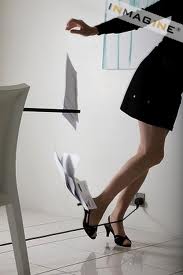
As a property owner, you might be asking yourself why you should be liable for unwise decisions made by a guest to your property causing his own injury. “Comparative fault” is a defense that basically states that if the person suing you is more than 50% at fault for his own injuries, he cannot recover from you, the homeowner. Should he be 50% or less as fault, your percentage of fault will be decreased by the percentage of fault assessed to him or her. In the majority of slip and fall cases, there is usually an assessment of comparative fault for the person who is asserting the claim. The reason is simply that the person “slipping” puts his foot somewhere he should not have (fault) and if he had looked where he was going, he should have seen it, his failure is then determined to be fault.
Ok, what about if my guest gets drunk and hurts someone or himself/herself?
This unfortunately is a common occurrence with guests who attend your parties where alcohol is served. Indiana is a State that has a “Dram Shop law” as do most states. Our law makes you liable for “foreseeable damages” caused by providing alcohol to a “visibly intoxicated” person who inturn hurts someone as a result of his/ her intoxication. 1A Ind. Law Encyc. Alcoholic Beverages § 90. Imagine you are standing on your porch with a friend who is obviously drunk, but you continue to give that person alcoholic drinks. If that person falls off the porch injuring himself, you could be held liable since it is foreseeable that a very drunk person could fall and injury himself. If your drunk guest injuries a third person because of his intoxication, you may be liable for his/her damages as well; and this is a generally true on all states. This legal topic, liquor intoxication, is very involved often depending on the age of the “drunk.” It should be noted that in some states the “drunks” may not make a claim for injuries. This has only been allowed in Indiana recently. As it is not the focus of this article, it will be the subject of a more detailed article devoted to this topic which will be published soon.
Seek legal help!!
If you or a loved one in your family was involved in an accident, and you would like help navigating the often complex laws governing premises liability, please contact William “Bill” Hurst and his partners for a free evaluation of your case at 1-800-636-0808. Bill Hurst is an attorney with over 35 years of experience in representing victims suffering various kinds of injury.


